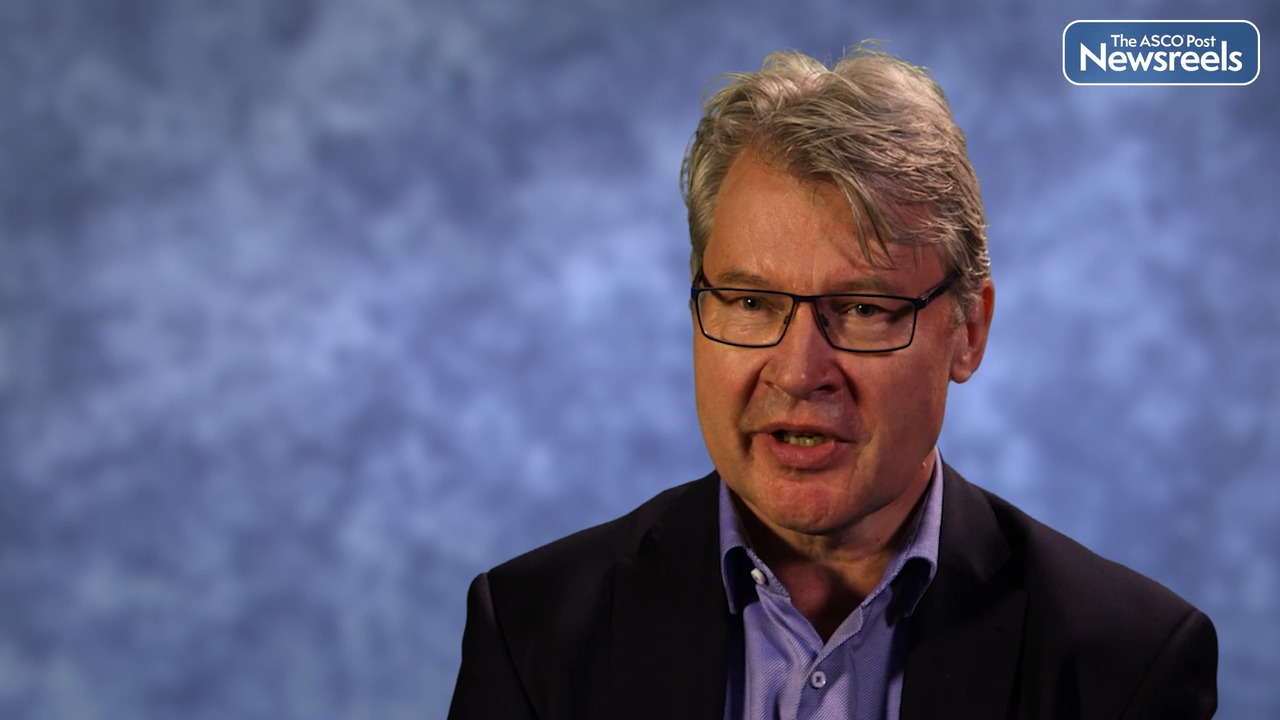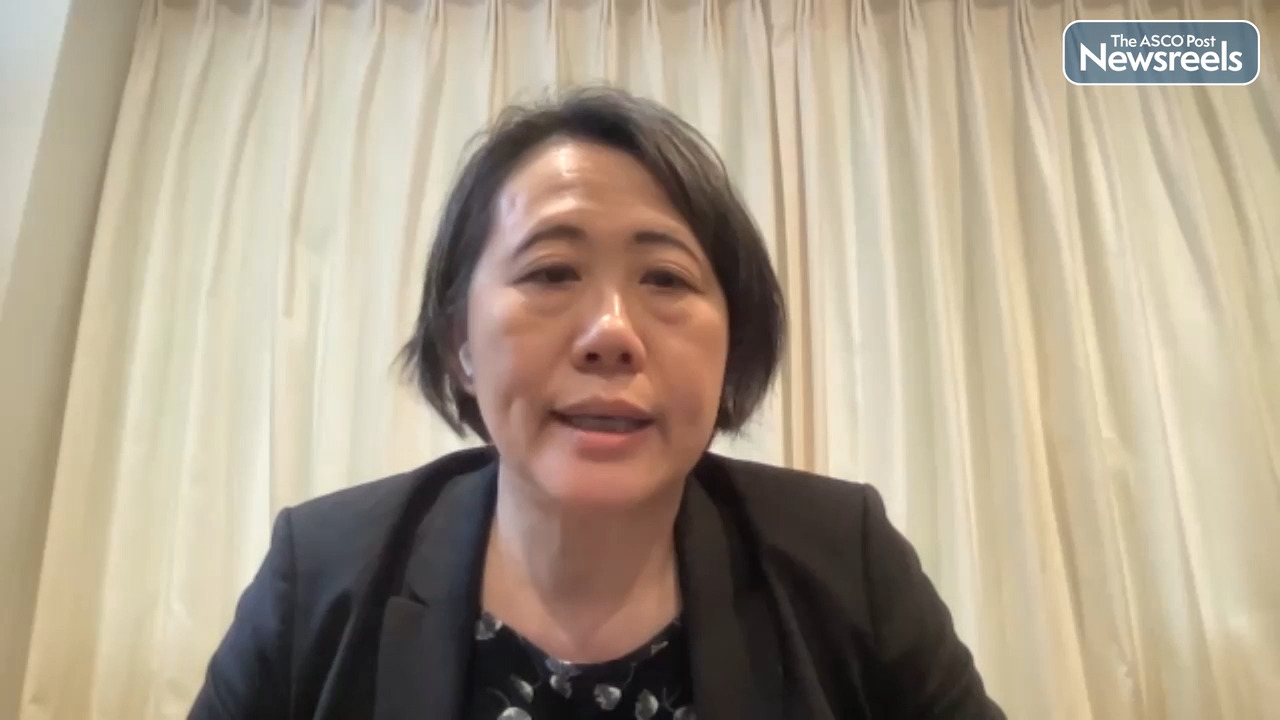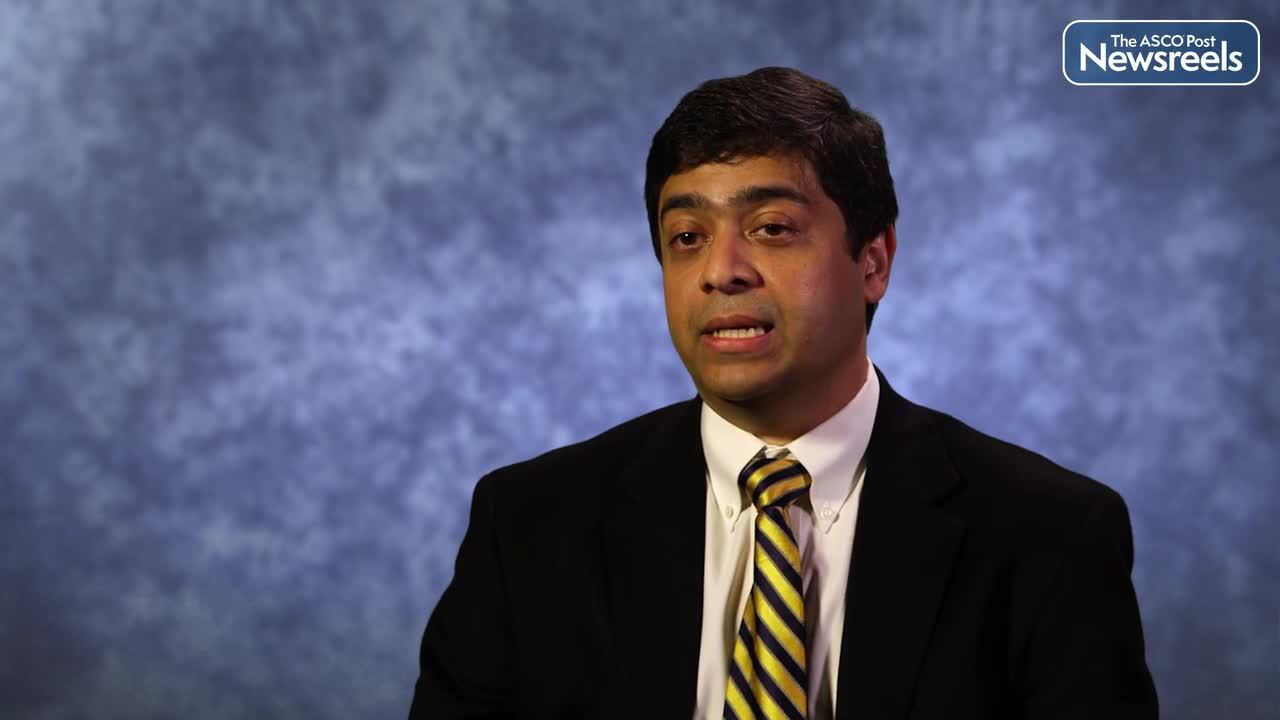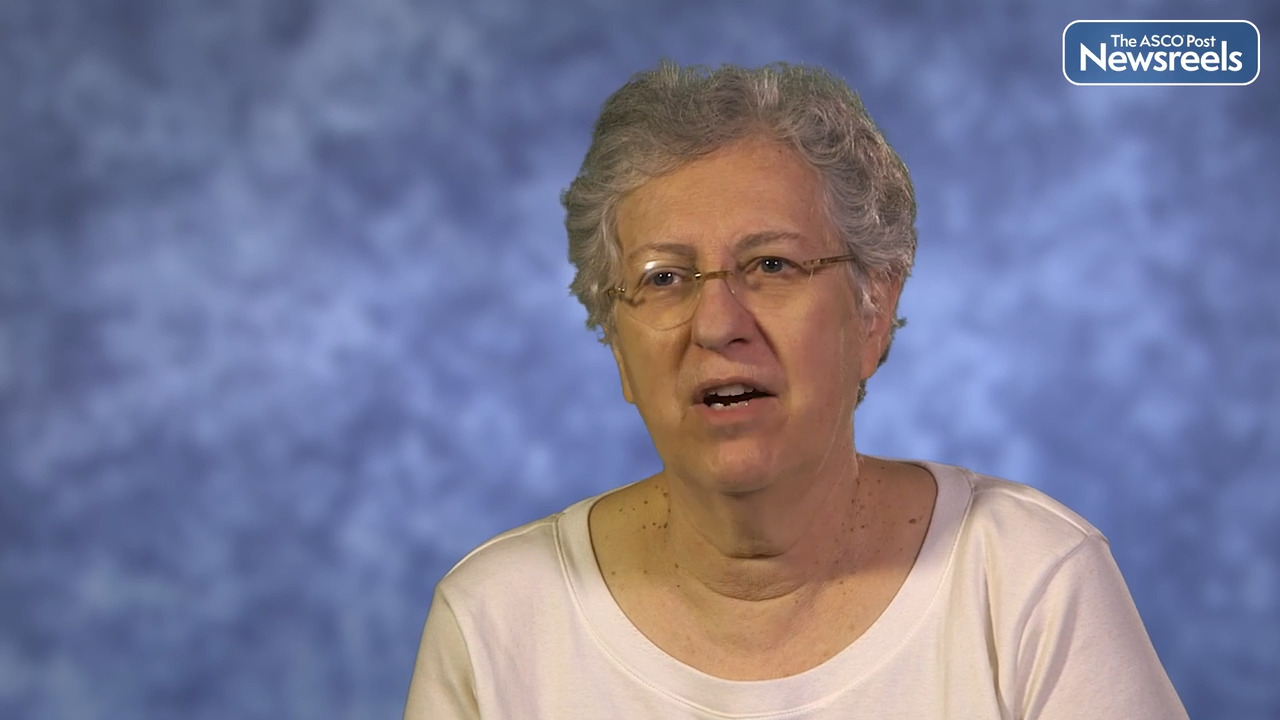Priscilla K. Brastianos, MD, on CNS Metastases: Understanding Their Evolution and the Clinical Implications
AACR Annual Meeting 2022
Priscilla K. Brastianos, MD, of Harvard Medical School and Massachusetts General Hospital, talks about her efforts to better understand how brain metastases evolve genomically and to test such agents as abemaciclib, paxalisib, and entrectinib, which may stop their growth. Palbociclib, a CDK inhibitor, has already shown potential benefit. A national cooperative group trial is underway in multiple centers to identify novel treatments for patients with brain metastases, who typically have a poor prognosis (Abstract SY38).
The ASCO Post Staff
Klaus Pantel, MD, of the University Medical Center Hamburg-Eppendorf, discusses liquid biopsy technologies and biomarkers, with a focus on circulating tumor cells and circulating tumor DNA; clinical applications such as early detection of cancer, improved staging, and surveillance of measurable residual disease; and how best to detect and monitor response to systemic therapies, as well as ways to identify therapeutic targets and resistance mechanisms (Abstract SY08).
The ASCO Post Staff
Alana L. Welm, PhD, of the University of Utah Huntsman Cancer Institute, discusses her findings of a new pathway that regulates the antitumor immune response during metastatic outgrowth. Interfering with a particular isoform of RON kinase may cause metastatic tumors to be swarmed by T cells and killed, suggesting that new approaches to targeting this kinase may be achievable in the near future (Abstract SY32).
The ASCO Post Staff
Lillian L. Siu, MD, of Canada’s Princess Margaret Cancer Centre, discusses biomarker-driven precision cancer medicine, the optimal sequencing of immunotherapy (IO) with standard treatments in curative settings, IO targets beyond PD-1/PD-L1 and combinatorial strategies, and next-generation adoptive cell therapies (Abstract PL06).
The ASCO Post Staff
Vivek Subbiah, MD, of The University of Texas MD Anderson Cancer Center, talks about innovative design of clinical studies that may help demonstrate clinical benefit in precision medicine and advance treatment to deliver the right intervention to the right patient at the right time (Abstract DC06).
The ASCO Post Staff
Patricia M. LoRusso, DO, of the Yale University School of Medicine, discusses how patients may benefit in the coming decade from discoveries about agents that target KRAS, and how important the approval of sotorasib turned out to be, as well as other agents in the research pipeline. Dr. LoRusso also talks about the scientific advances in tackling inhibition (Abstract SY20).





